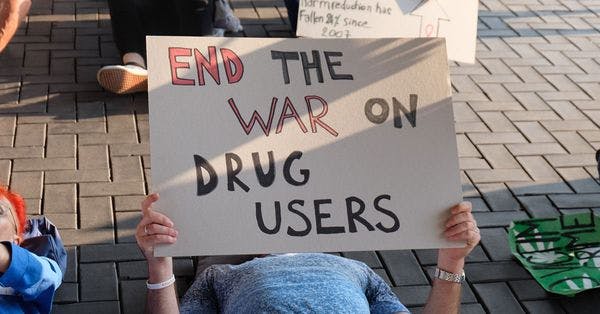Declaración para informar el desarrollo de las estrategias mundiales del sector de la salud de la OMS para el VIH, la hepatitis y las ITS
Las respuestas al VIH, las hepatitis víricas y las ITS deben basarse en las pruebas inequívocas que corroboran la importancia de la reducción de daños, la despenalización y el liderazgo comunitario. Más información, en inglés, está disponible abajo.
INHSU has collaborated with the International Network of People Who Use Drugs (INPUD), Médecins du Monde (MDM), and Harm Reduction International (HRI) to create a global declaration to inform development of the World Health Organization (WHO)’s Global Health Sector Strategies for HIV, viral hepatitis and STIs.
The World Health Organization is in the process of developing Global Health Sector Strategies for HIV, Viral Hepatitis and Sexually Transmitted Infections (STIs) for 2022-2030. As voted during the World Health Assembly May 2020, the new strategies will be combined into a single document that includes both integrated and disease-specific content.
WHO is conducting various stakeholder consultation activities to inform development of these strategies. It is in this context that we (INPUD, MdM, HRI and INSHU) propose a declaration from the global harm reduction community and its allies, to call for the WHO to uphold the core values we stand for.
The declaration is available to download here and to sign online here.
We strongly believe there is a need for brave and bold leadership to strongly challenge attempts of political interference that will hold back equitable progress towards HIV, viral hepatitis, and STI elimination efforts. We also request that clear focus be given to supporting decriminalization and removal of discriminatory laws and practices as they impact people who use drugs’ access to health services, ensuring the centrality of harm reduction services, and enabling, supporting and encouraging community-led responses and person-centred service delivery.
Descargas
Regiones
Perfiles relacionados
- Médecins du Monde (MDM)
- International Network of People Who Use Drugs (INPUD)
- Harm Reduction International (HRI)
- World Health Organization (WHO)
